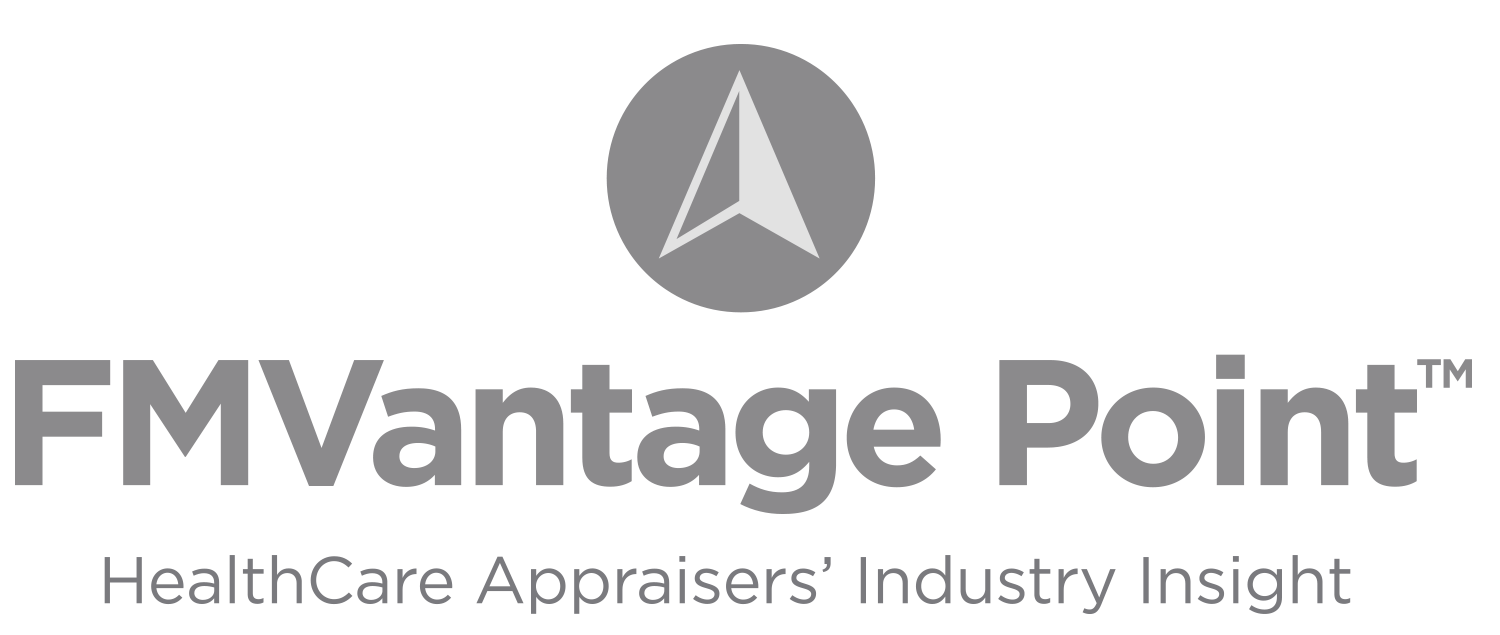Authors: Nicholas J. Janiga, ASA and Nicholas A. Newsad, MHSA

The Office of the Inspector General and President Obama’s administration have proposed material changes in the enrollment requirements and reimbursement for Critical Access Hospitals (“CAHs”) that are likely to lead to acquisitions of CAHs by larger health systems. The majority of the 1,300+ CAHs across the country do not meet the original geographic requirements for CAH enrollment. Additionally, it is proposed that CAHs should be reimbursed by Medicare at 100 percent of actual costs instead of the current 101 percent. These changes are projected to increase the number of CAHs with net losses to nearly half of the industry, with the remaining profitable CAHs operating on very thin margins. If enacted, these changes may cause CAHs to explore alignment opportunities with larger health systems.
Organizations seeking to engage in CAH acquisitions, sales or affiliations should be cognizant of the relevant valuation issues manifest in these transactions.
![]() Sales and Acquisitions
Sales and Acquisitions
CAH transactions may need to be priced at FMV when the buyer has referral relationships with the CAH as a function of patient transfer agreements, ancillary service referrals, or referrals to specialty programs or centers of excellence. The sale of a CAH could be construed as an illegal kickback if the purchase price is above FMV (or otherwise inconsistent with FMV). Organizations seeking to acquire CAHs should consult a valuation expert who understands the regulatory environment for CAHs and can include thoughtful revenue and operating expense analyses within the valuation analysis.
![]() Existing Professional Service Agreements
Existing Professional Service Agreements
Significant due diligence is required for hospital transactions, including audit, tax, information technology system integration, operations, and compliance. Depending on the transaction structure, acquirers are concerned with successor liabilities that could be unintentionally acquired. These liabilities may include employment agreements, professional service agreements with physicians, and other types of compensation and service relationships. If these agreements are not already documented with reliable FMV opinions to protect against kickbacks and/or violation of the physician self-referral prohibition (a.k.a. the “Stark Law”), then it is important to hire an experienced healthcare valuation firm to opine on the FMV and commercial reasonableness of the existing agreements.
![]() Management Arrangements and Affiliations
Management Arrangements and Affiliations
In addition to evaluating existing arrangements, it is important to price post-transaction management and support services at FMV. For example, CAHs may contract for management, billing, human resources, financing, or clinical coverage services with an organization with which they have patient transfer agreements. A health system or affiliate that provides any of these services to a CAH at rates that are below FMV (or otherwise inconsistent with FMV) could be construed to have provided an illegal kickback in exchange for patient referrals.
![]() Financial Reporting – Purchase Price Allocation
Financial Reporting – Purchase Price Allocation
Once a transaction is consummated, accounting rules may require a valuation to record the assets and liabilities transferred in the deal onto the acquirer’s balance sheet. For a financially distressed CAH, the consideration paid by an acquirer may primarily be the assumption of a CAH’s existing debt. If the tangible asset value is greater than the assumption of debt, this could lead to the acquirer booking a gain on its income statement associated with a bargain purchase. In order to comply with the Accounting Standards Codification 805 and/or 958, it is important to consult with experienced valuators and accountants who can navigate unique healthcare nuances associated with these complicated standards.
![]() FMV Pitfall: If the acquirer of a CAH does not perform the necessary financial and operational due diligence, they could find themselves with payments inconsistent with FMV, and at substantial risk for a violation of the prohibition on private inurement if classified as a 501(c)(3), as well as the Federal Anti-Kickback Statute, Stark Law or various similar State anti-kickback laws. It is advisable that the acquirer of a CAH hire an independent advisor to review and opine on the various aforementioned FMV aspects of a CAH transaction.
FMV Pitfall: If the acquirer of a CAH does not perform the necessary financial and operational due diligence, they could find themselves with payments inconsistent with FMV, and at substantial risk for a violation of the prohibition on private inurement if classified as a 501(c)(3), as well as the Federal Anti-Kickback Statute, Stark Law or various similar State anti-kickback laws. It is advisable that the acquirer of a CAH hire an independent advisor to review and opine on the various aforementioned FMV aspects of a CAH transaction.
